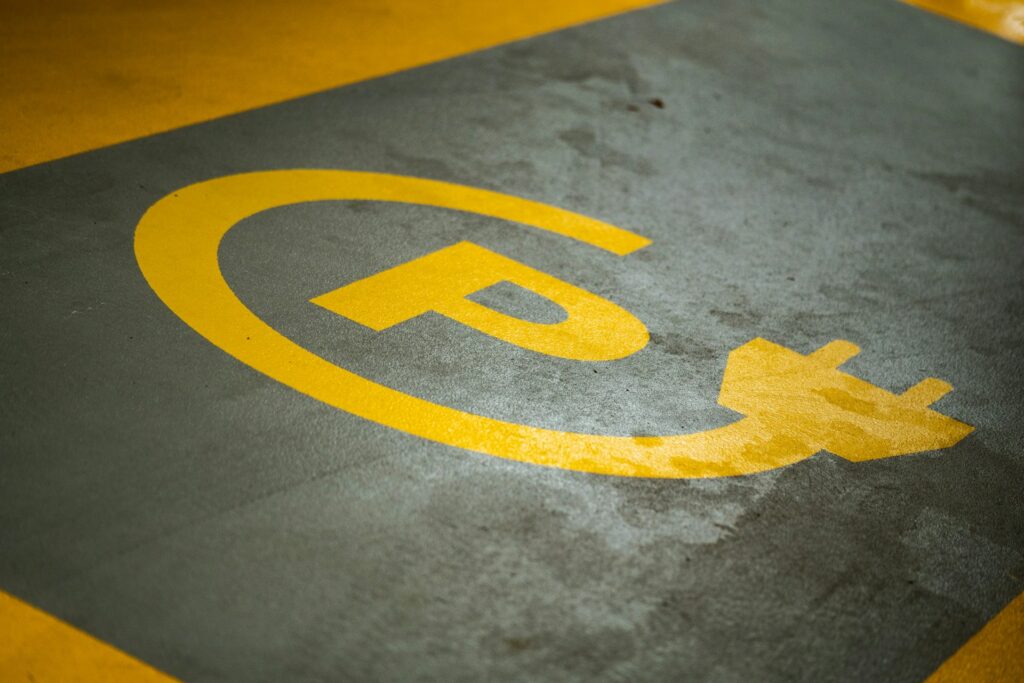
The muscle car era is entering a bold new phase. The 2025 Dodge Charger brings something brand new to the table: a choice between gas and electric power. This isn’t a teaser or concept—it’s real, and it’s available now. Whether you’re a longtime Dodge fan or considering your first performance vehicle, choosing between these two options can feel like a big decision.
In this guide, we’ll compare the all-electric Dodge Charger Daytona with the gas-powered Charger Sixpack, helping you decide which one best suits your needs, budget, and driving style.
The redesigned 2025 Charger introduces two major variants:
Both models share the same retro-modern two-door coupe body, muscular stance, and aggressive styling. Four-door versions are expected in 2026, but for now, buyers choose between cutting-edge EV power or a reengineered gas experience.
The Daytona is built on Stellantis’s new STLA Large platform, and its electric motors deliver instant torque. The Scat Pack trim accelerates from 0 to 60 mph in just over three seconds. There’s no delay, no gear shifting—just immediate, seamless power.
To preserve its muscle identity, Dodge added the Fratzonic Chambered Exhaust, which simulates the roar of a traditional engine through speakers. It’s not just about speed—it’s about character.
The Sixpack doesn’t feature a V8, but don’t underestimate it. The twin-turbo inline-six, available in Standard Output (420 hp) and High Output (550 hp), produces robust low-end torque and a more traditional driving feel. AWD adds grip and year-round practicality.
If you’re someone who still remembers the thrill of the Dodge Challenger RT, the Sixpack’s engine note and turbocharged punch will feel like familiar territory, even in a new package.
Owning an EV typically means lower long-term costs. With fewer moving parts, electric vehicles need less maintenance. There are no oil changes, spark plugs, or exhaust systems to worry about. Charging is also cheaper than gasoline on a per-mile basis, especially if you can plug in at home.
However, not every driver has access to home charging. Public charging is improving, but time and infrastructure are still important considerations.
Gasoline-powered vehicles like the Charger Sixpack are easier to refuel quickly, and many buyers still prefer the familiarity of combustion engines. That said, you’ll pay more in fuel and maintenance over time.
Inside, both models offer the same dramatically upgraded interior:
Whether you go electric or gas, you’ll get a tech-rich cockpit designed for daily usability and high-performance engagement. It’s a massive step up from the outgoing Charger and Challenger interiors.
Electric vehicles have a clear advantage in environmental performance. The Charger Daytona produces zero tailpipe emissions and aligns with evolving regulations for cleaner transportation.
On the other hand, the Sixpack’s turbocharged six-cylinder engine is more efficient and cleaner than the outgoing V8s. It’s a meaningful improvement, even if it doesn’t match an EV’s emission-free operation.
If reducing your carbon footprint is a key concern, the Daytona is the obvious choice. For others who want a balance of power and progress, the Sixpack still represents a step forward.
Range and Charging: The Daytona offers competitive range and fast-charging capability, but you’ll need charging access. For urban drivers with shorter commutes, this is a great fit. For road trippers or apartment dwellers, refueling convenience may tilt the balance toward gas.
Daily Driving: The gas-powered Charger may offer a slightly more involved driving experience, especially for those who enjoy engine sound, shifts, and the feeling of turbo acceleration. The electric version, in contrast, delivers smooth, quiet, futuristic performance with less driver involvement.
Resale and Incentives: EVs often qualify for federal and state incentives, though eligibility may vary. Long-term resale value for early EVs can fluctuate, but demand is growing. Gas models may have more stable resale value in the short term.
Choosing between the electric Dodge Charger and the gas-powered Sixpack comes down to your priorities:
Both are unmistakably Dodge. Both are aggressive, fast, and designed to be driven—not just admired.
Ready to experience both? The best way to decide is to get behind the wheel. Visit Champion CDJR, your local Dodge dealer in Downey, to test drive the 2025 Charger Daytona and Sixpack. Their team can walk you through available trims, answer questions, and help you find the version that fits your life—and your style.
While great effort is made to ensure the accuracy of the information on this site, errors can occur. Please verify all pricing and installed equipment information with a customer service representative. This is easily done by calling us or visiting us at the dealership.
Customer may not qualify for ALL Rebates shown. Some rebates are stackable and others can and cannot be combined. See Dealer For Complete Details.
We improve our products and advertising by using Microsoft Clarity to see how you use our website. By using our site, you agree that we and Microsoft can collect and use this data. Our privacy statement has more details.